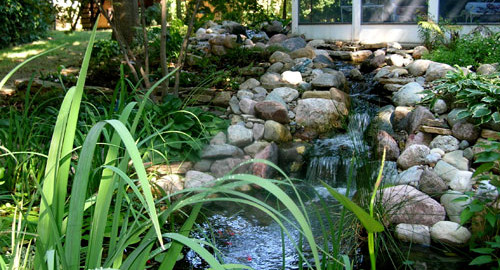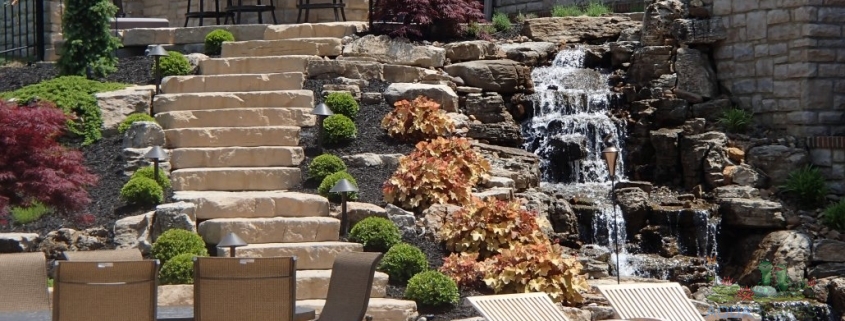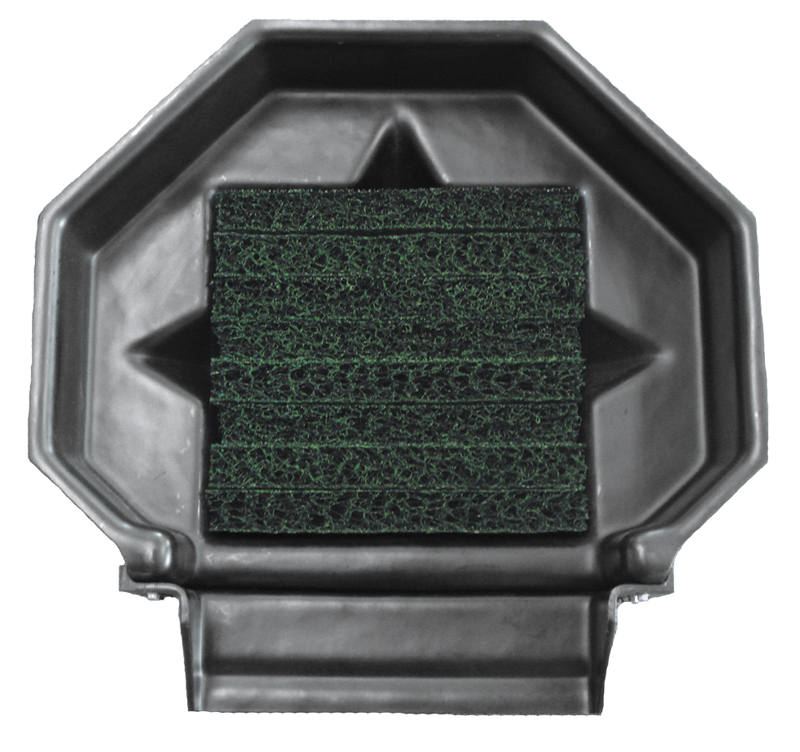How to Shock a Pond Quick How-To Guide
If fish are dying in your pond or if you see lots of algae, it may be time to shock the pond to clean it up. Algae needs oxygen to grow, just as fish and aquatic vegetation do. However, too much algae can rob fish and plants of the oxygen they need. Shocking your pond and getting rid of the harmful algae can restore the clean, clear look to you pond. Because desirable plants and animals live in ponds, owners look for natural enzymes and organic compounds to clear the water. Chlorine should only be used as a last resort.
Remove all dead or decaying plant and animal life from the pond. Algae feeds on the decay process.
Place the correct amount of algaecide in your pond according to manufacturer’s directions. For example, if you have a 120-gallon pond, you would need to use 2 teaspoons of general Algaecide. Each algaecide is different, so read the directions closely.
Let the pond pump aerate and spread the algaecide. If algae is still present after a week, shock the pond again.
Waterfall Installation
This is a waterfall installation guide for beginners. If you are looking to create a beautiful water feature in your yard, or add to a current design, this guide will help you get started.
Pondless Waterfall Construction
Pondless waterfall construction is the process of creating a waterfall without a pond. This can be done by using a catch basin to collect water and redirect it back up to the top of the waterfall. Pondless waterfalls are a great way to add the beauty of a waterfall to your landscape without all the maintenance that comes with a pond.
All About the Filter Mat
One of the most important parts of your pond skimmer is the skimmer filter mat. The filter mat helps to remove debris and leaves from the water before they have a chance to clog up your pump or other parts of your skimmer.

 Meyer Aquascapes
Meyer Aquascapes


